- AdventHealth

The mammo, the myth, the legend. Every woman knows about it, but not every woman knows exactly what to expect if you've never done it before. And when your doctor tells you it’s time for your first mammogram, it may be slightly nerve-wracking as you contemplate this rite of passage.
Whether you are approaching the age of 40 or have a higher risk related to a family history of breast cancer, it’s normal to have a little apprehension about scheduling your first mammogram appointment.
Although getting a mammogram might cause some nervousness, it’s necessary to remember why you’re doing it and prepare yourself mentally before your appointment.
Take Control of Your Breast Health
It might be tempting to procrastinate that phone call to schedule your mammogram. Or you might be concerned with the rest of your family and put your own health needs at the back of the line. When it comes to your mammogram, though, it’s important to dig deep and get it done. Mammograms save lives and detect any changes early so breast cancer can be identified and treated in its earliest stages and increase chances of survival.
Mammograms Are Not Painful
Mammograms can be uncomfortable, but they aren’t painful. Breast compression is necessary to get the best images. Although everyone has a different pain threshold, a mammogram should not be painful unless your breasts are already tender. If you do feel pain, let the mammographer know and they can help you.
What Doctors Are Looking For
After your mammogram, a radiologist will evaluate your images. They look for different types of changes in breast tissue, which include calcifications, masses, and other suspicious areas that could be signs of cancer.
If it's your first mammogram, your radiologist will not have any prior images as comparisons, so it is possible that you could get a call back for more images to be taken. Don't panic. Most findings end up being benign.
Why Mammograms Are Important
A mammogram is such a powerful tool because of its ability to catch breast cancer early. In fact, it can detect breast cancer up to two years before a tumor can be felt by you or your doctor.
Catching cancer early means:
· Therapies like breast conservation therapy will be most effective.
· Treatment can begin early, possibly before the cancer spreads to other parts of your body.
· You’ll have the best possible chance for a cure.
Know Your Risk for Breast Cancer
It’s important to know your risk for breast cancer. Some risk factors you can control, like your weight and lifestyle. Others you can’t, including:
· Age
· Density of breast tissue
· Family history of breast cancer
· First menstrual period before age 12
· Genetic mutations BRCA1 and BRCA2
· History of fibroids or other benign breast conditions
· Race and ethnicity
Feel Empowered with Preventive Care
If you’re between the ages of 20 and 40, you should have a clinical breast exam by your doctor at least every three years. If you’re 40 or older, an annual screening mammogram is recommended.
If you haven’t had a mammogram in the past year and you’re over age 40 with no abnormal symptoms, you can self-refer for a screening mammogram. Simply make an appointment at one of our AdventHealth breast care locations by visiting GetYourMammoGA.com or calling Call800-776-5102.
Choose the health content that’s right for you, and get it delivered right in your inbox.
Recent News
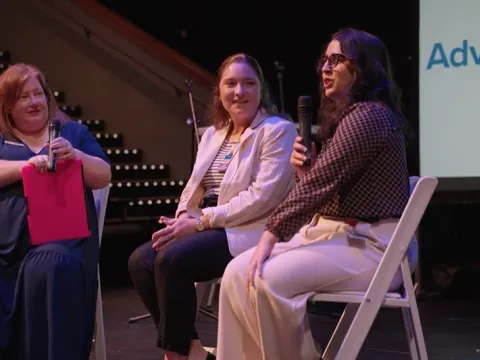
AdventHealth debuts first-of-its-kind Performer Health Program in Central Florida
AdventHealth is launching the Performer Health Program, a first-of-its-kind initiative in Central Florida focused on addressing the unique health needs of artists and performers.

AdventHealth named among U.S. News & World Report’s fifth annual 2026 Best Hospitals for Maternity Care
This marks the third year in a row AdventHealth Shawnee Mission has appeared on the U.S. News & World Report’s list of Best Hospitals for Maternity Care.

AdventHealth Waterman strengthens access to expert specialty care with expansion of Mount Dora medical plaza
Second floor buildout adds orthopedics, sports medicine, women’s health and heart care for Lake County
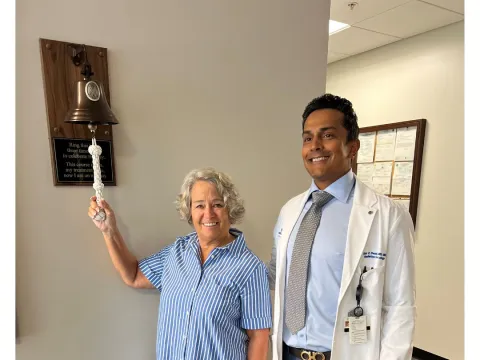
Expanding hope through innovation: AdventHealth advances cancer care across East Florida
Cancer touches nearly every family, and in Flagler, Lake and Volusia counties, the demand for timely, advanced care keeps rising. AdventHealth’s East Florida Division, which includes seven hospitals...

For two Hope Clinic patients, music spurs recovery
STROKESTRA heals stroke survivors in so many meaningful ways.
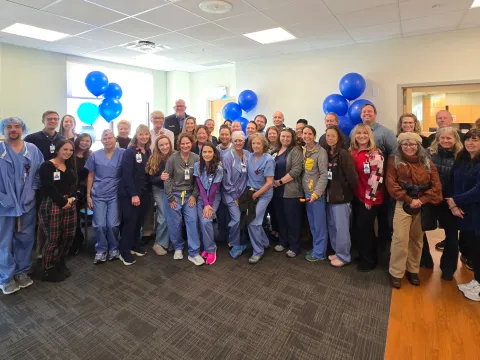
A new chapter begins: AdventHealth Avista opens its on-campus surgery center
This milestone marks a meaningful new chapter for a team whose history stretches back more than two decades.

AdventHealth Porter Performs Rare, Complex Robotic Kidney Cancer Surgery
AdventHealth Porter has reached an extraordinary milestone in surgical innovation, completing what is believed to be the first robotic left radical nephrectomy with inferior vena cava (IVC)...
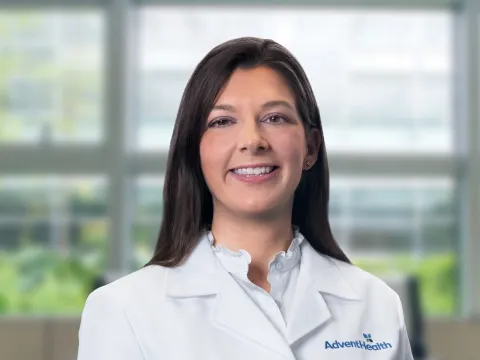
Amanda Robinson, DO, joins AdventHealth Medical Group Family Medicine, Internal Medicine & Pediatrics at Curtis Parkway
AdventHealth is pleased to announce that Amanda Robinson, DO, has joined AdventHealth Medical Group Family Medicine, Internal Medicine & Pediatrics at Curtis Parkway.

Helping the Helpers: Spotlight on AdventHealth Avista’s Director of Supply Chain, Mike Vos
For Mike Vos, Director of Supply Chain at AdventHealth Avista, caring for others isn’t just part of the job - it’s woven into his family story. With a mother who is a career nurse and now Director of...
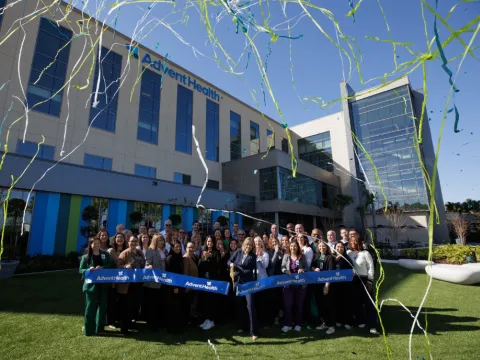
New hospital brings world-class, whole-person care to Minneola
AdventHealth Minneola will bring nationally recognized care close to home in South Lake County.
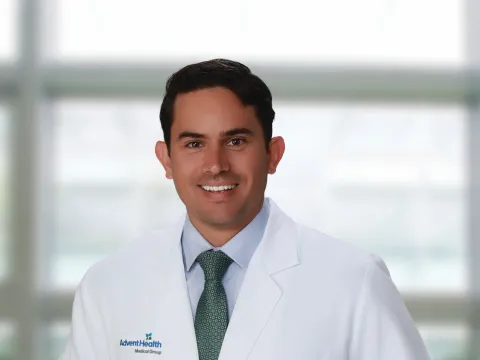
New surgeon expands local access to advanced colorectal care in Volusia County
Dr. Mark Heimberger joins AdventHealth as part of its continued investment in bringing minimally invasive and robotic colorectal treatment options to the region’s growing community.
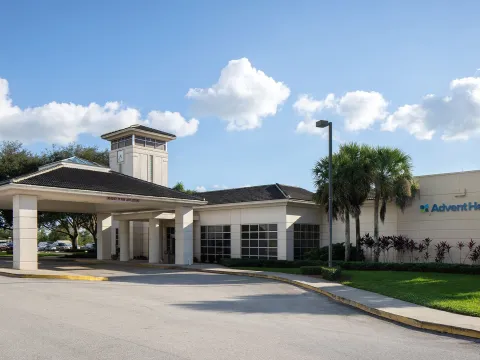
AdventHealth Lake Placid launches Low Dose Lung Screening CT program to help detect cancer early
AdventHealth Lake Placid has launched a new Low Dose Lung Screening CT program, bringing this life-saving service closer to home for people who live in and around Lake Placid.
